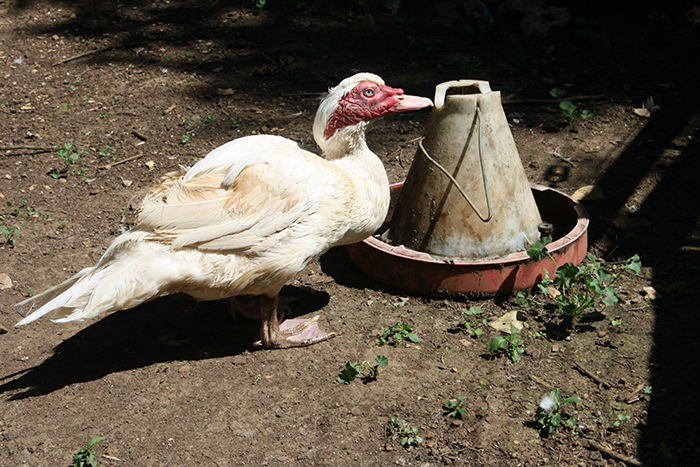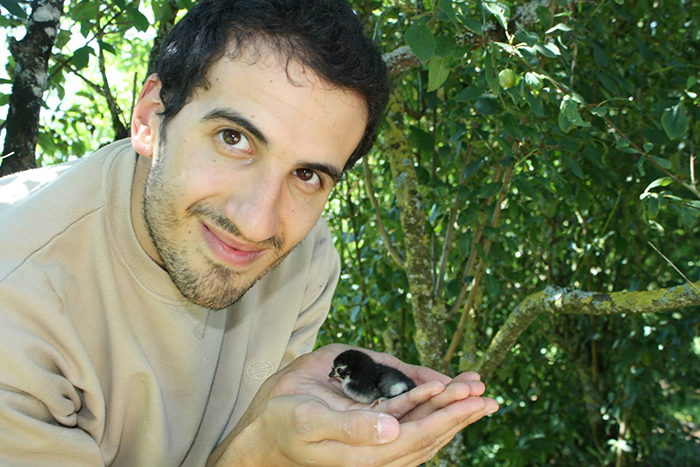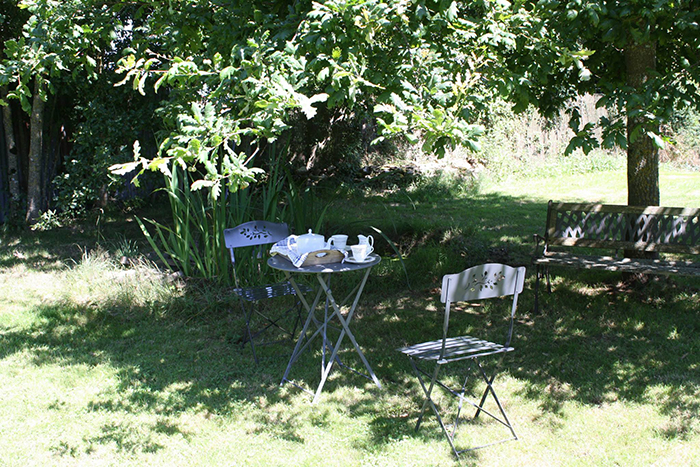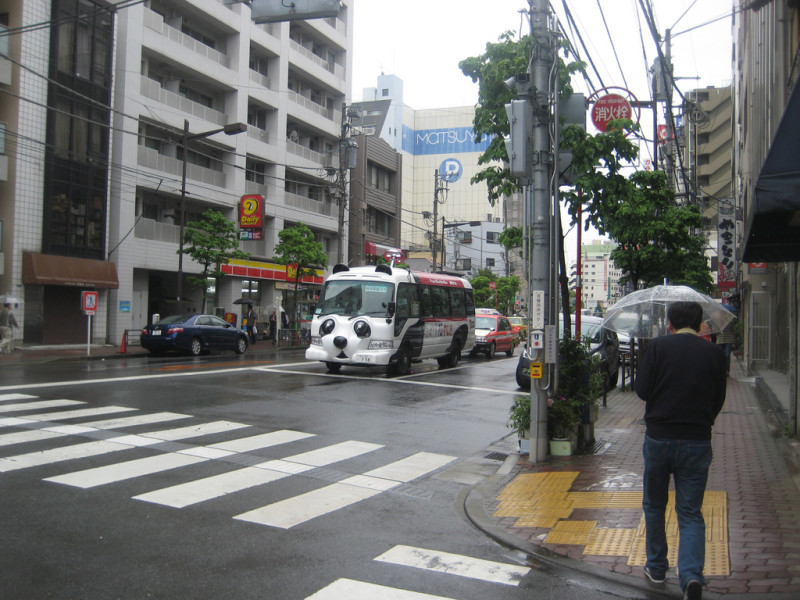Agri-tourism. Agro-tourism. Potato. Potato. It’s a phrase you hear a lot, and maybe you’re unsure of it’s connotations. That’s okay! If you’re like me you might have imagined agritourism as a schoolbus full of kids going to the miserable local farm where they see some animals and forget about the experience by the time they sit down to have the same animals for lunch. It’s not, or at least it doesn’t have to be. Whew.
In the broadest sense of the word, agritourism covers several different topics of travel : education, entertainment, recreation, and accommodation that are centralized around – you guessed it – agriculture.
There are plenty of opportunities for tours where you can get behind the scenes of where your food comes. I won’t link to any here, because I don’t know of any personally that I can recommend. Do you? Drop it in the comments and share the info!
On the farm in France
Though I didn’t grow up on a farm, I was lucky enough to have vegetable gardens, fruit trees, and live within 30 miles of where most of our food came from. When I became a vegetarian at around 5 years old, I was obsessed with learning about my food. I didn’t eat potatoes for almost one year because I was pretty sure they were meat in disguise.
My grandmother had to grow potatoes and show them to me in the ground before I believed her. I remember that day, and the satisfaction I got from eating those home grown potatoes. So how does that translate to travel? While many people don’t have the opportunity to have a farm at home, those who live in the city and are looking for a break are often wanting to get back to nature and their roots.
People are (naturally and thankfully) becoming more concerned about where their food is coming from of late. This is a great chance to get an up-close look at methods of farming, planting, and harvesting. Those whose hard work and dedication grow the crops themselves know how to best use it and waste nothing – you will be shocked what you learn not to throw away!
So how can you partake in agritourism while having a positive effect on the locals, yourself, and the earth? (I read your mind, right?) In my experience, websites like HelpX.net are great for this because you can select the type of farm you want to be on, how much you want to work, and you don’t need to pay for the experience – you’re trading your eager attitude for room and board.
not a bad place to work, right?
Through this website I’ve had the experience of working and staying on a fully sustainable, solar powered home and garden in Monemvasia, Greece where I had the best pesto of my life. (Arugula, Walnuts, Olive Oil, Sea Salt…. blend, eat on everything) My role there was to maintain the vegetable garden, harvest the veggies, and prepare meals for the others on the farm. Here’s a link to a really old post on my first impressions of agritourism.
I’ve also spent time working in a rural village in France. Instead of tending the garden I was helping them refurbish their shutters. Is this still agritourism as it was work on a farm? I believe so. That’s another thing about agritourism guys, the lines are also blurry between “rural tourism” and “agritourism” and also morally questionable. I’ve seen several sites listing “private hunting” and petting zoos as agritourism, and that makes me queasy.
Here’s a link from UC Davis on Agritourism where you can get a broader understanding of what it can entail. If you want to responsibly tour your planet while being close to agriculture – do so with common sense and integrity to yourself. Look around. Are the locals happy? Where is your money (or work) going? Are the animals happy and healthy?
he’s healthy, but I’m not sure he’s ever been happy!
It’s Cranky Duck!
My next mission is to find B&B’s who sustainably support agritourism because – let’s be real here – not everyone’s idea of a vacation is working for 4 hours a day to earn their keep. This is just a jumping off point, and my personal experiences with agritourism. What are your thoughts, experiences, and comments on the topic?







'What Is Agritourism Anyway?' has no comments
Be the first to comment this post!